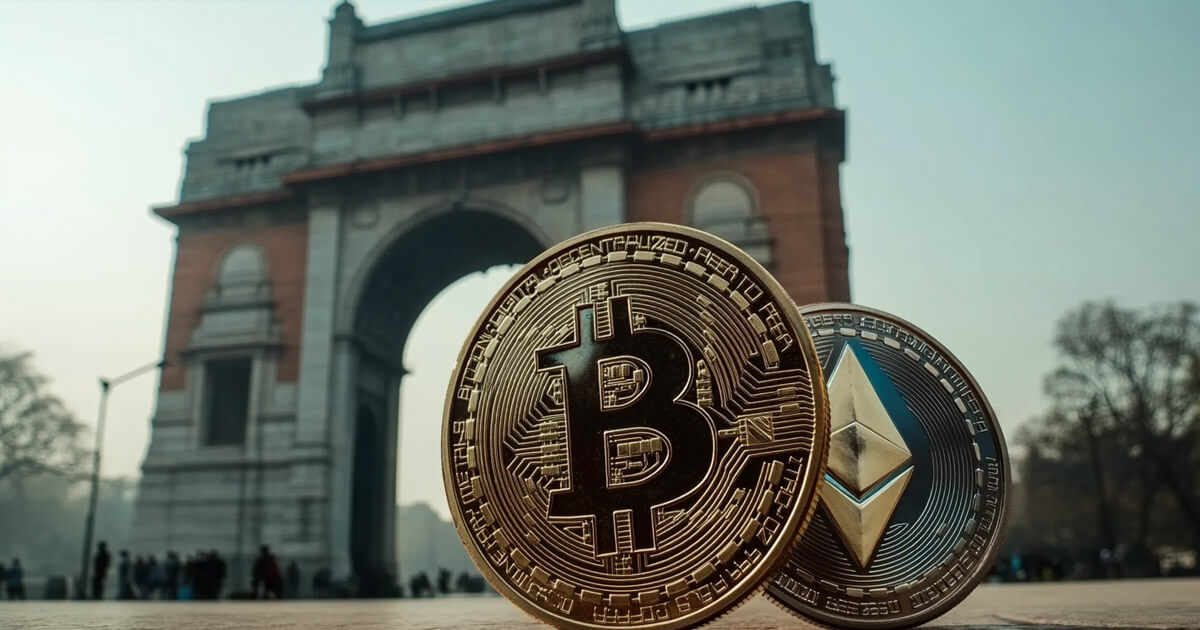
Indian regulators are contemplating banning personal cryptocurrencies like Bitcoin and favoring the potential of central financial institution digital currencies (CBDCs) to supply safer and extra inclusive monetary techniques, in accordance with native media.
The federal government has consulted with key establishments on the problem, and lots of are in favor of banning personal cryptocurrencies. They level out that each one potential advantages, comparable to ease of profit switch, could be achieved with the nation's digital rupee, the report stated.
An official advised reporters anonymously:
“CBDCs can do every little thing personal cryptocurrencies declare to do, however with a lot much less danger.”
Additionally they stated that stablecoins – cryptocurrencies linked to belongings like gold – usually are not as safe as is usually believed. The information comes regardless of India's place as a worldwide chief in crypto adoption.
Choice for CBDCs
The discussions come forward of a deliberate authorities dialogue paper, with regulators emphasizing that the dangers posed by cryptocurrencies, together with stablecoins, outweigh the advantages.
India, which accredited the Worldwide Financial Fund (IMF) and Monetary Stability Board (FSB) 2023 place paper on crypto regulation below the G20 framework, could take a good stricter method. Though the place paper helps minimal regulation, it permits international locations to impose stricter measures, together with a whole ban on personal digital currencies.
Officers arguing for a ban argue that blockchain, the know-how behind cryptocurrencies, can nonetheless be used for different socially helpful functions. They talked about blockchain's potential purposes for tokenizing authorities securities, offering credit score to underserved communities, and concentrating on subsidies extra successfully.
In current remarks, Reserve Financial institution of India (RBI) Governor Shaktikanta Das praised the programmability of CBDCs, which he stated might play a pivotal position in monetary inclusion.
He stated in a current speech:
“CBDCs can be sure that funds attain their supposed recipients with out leakage.”
India's CBDC, the digital rupee, was launched within the wholesale section in November 2022, adopted by a retail pilot in December of the identical 12 months.
Since then, the retail initiative has grown to incorporate greater than 5 million customers and 16 taking part banks. The State Financial institution of India (SBI) has additionally explored the usage of CBDCs with farmers in Odisha and Andhra Pradesh, providing focused loans for agricultural functions.
Officers imagine that the digital rupee holds nice promise not just for home monetary transactions but in addition for worldwide funds. The federal government plans to progressively increase its CBDC pilot applications after reviewing efficiency information.
Though the ultimate determination to ban personal cryptocurrencies has not but been made, India's rising assist for the digital rupee suggests a robust desire for central bank-controlled digital currencies over alternate options decentralized.
